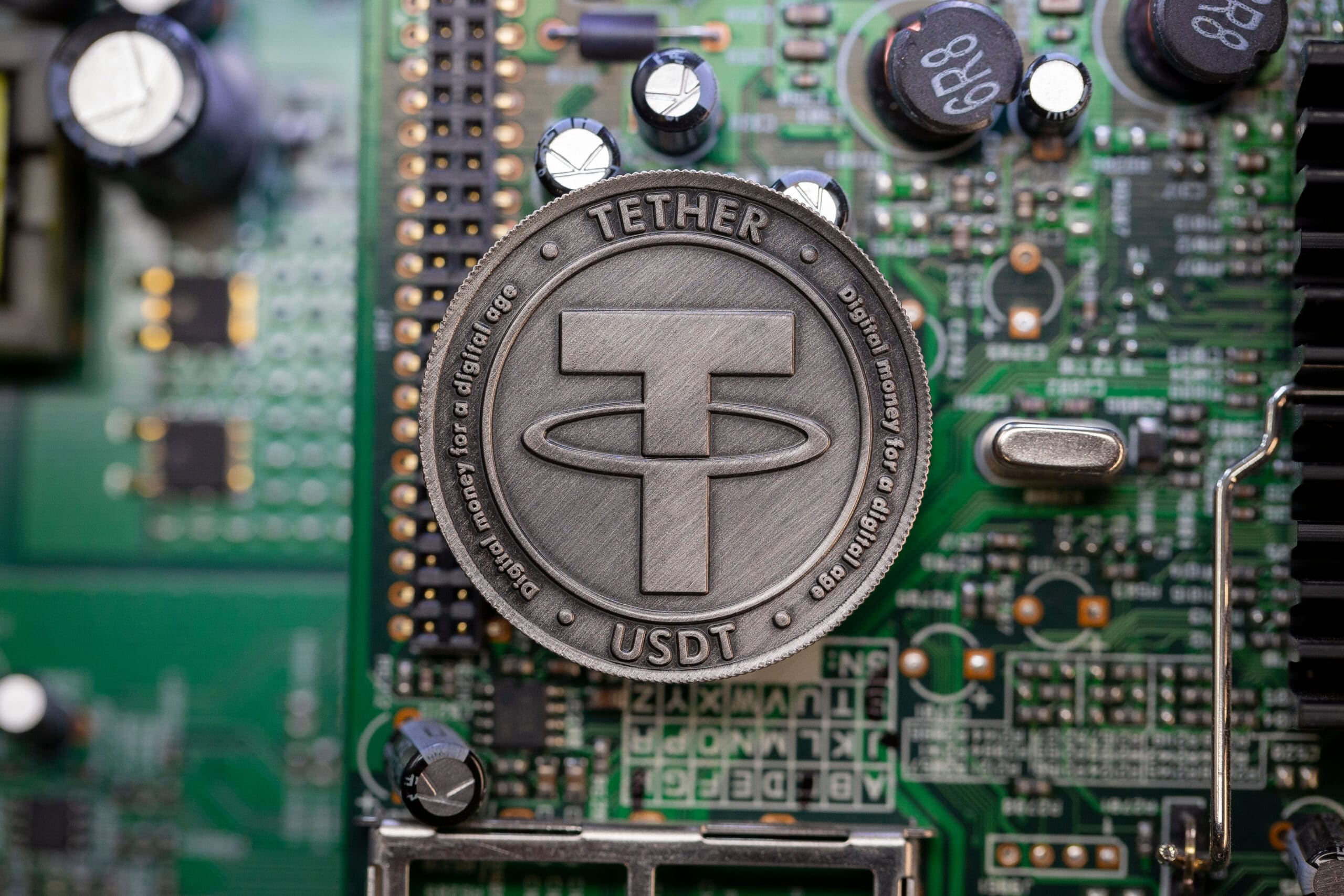Tether’s record first-quarter profit is an indicator of its ongoing dominance, stablecoin experts say, keeping the stablecoin issuer in pole position as regulation attempts mount.
Though Tether recorded a profit of $4.52 billion in the first quarter, with most of that coming from its gains on its holdings of bitcoin and gold, some industry watchers think Tether’s flagship USDT stablecoin still has room to run. Its US-based competitors have been keeping their eye on the latest stablecoin bill working its way through Congress, but as an offshore entity focused on emerging markets, Tether may be partially immune to those concerns.
By some measures, Tether could reinforce its dominance and market share if Congress passes the current version of the stablecoin bill, which would impose new restrictions on freshly regulated issuers.
“In the crypto space right now, Tether essentially has a monopoly, and the reason for that is that regulators have crippled and slowed down the people who want to compete with Tether,” Austin Campbell, the former chief risk officer for stablecoin issuer Paxos, a rival of Tether’s, and currently an adjunct professor at Columbia Business School, told Unchained in a conversation.
Tether’s first-quarter profit margin marked a massive 58% increase from the previous quarter, when it recorded a profit of $2.85 billion, according to its report. The upswing largely coincided with a rise in crypto prices and trading volumes.
Tether did not respond to requests for comment on this article.
Read more: Tether Expands Beyond Stablecoins With Four New Divisions
Tether Skirts US In Ascent to The Top
Tether’s earnings announcement comes roughly one week after USDT, the firm’s flagship product, crossed $110 billion in market cap, a 20% increase from $91.7 billion at the start of the year.
The second largest stablecoin provider, Circle, has seen the market cap of its flagship stablecoin USDC decline substantially, from as high as $55 billion in July 2022 to $33 billion at press time.
Tether’s ascent as the leader in the stablecoin industry, making up nearly 70% of the entire stablecoin market, per CoinGecko, can be in part attributed to the firm’s decision not to set up shop in the United States.
By not dealing with a regulated jurisdiction, such as the U.S., Tether has been given free rein to operate as it wants, according to Campbell. “Regulators have been their own worst enemies [insofar as] they have inadvertently handed Tether a monopoly through their actions,” Campbell said.
One example, according to Campbell: the New York Department of Financial Services ordering Paxos last year to stop issuing the BUSD stablecoin.
Nick Van Eck, co-founder of stablecoin startup Agora, expects Tether to remain the dominant stablecoin player.
“Tether has built a great business. They’ve done a lot of things well on the operational side over the years,” Van Eck told Unchained. “It built 10 years of trust and network effects as well as liquidity and those are benefits that continue to beget oneself.”
“[Tether is] in a great position to continue to be a market leader in this space, and I don’t see that changing in the near future or anyone dethroning them in the next 12 to 24 months,” Van Eck added.
Potential Impact of New Stablecoin Legislation on Tether
Tether’s earnings report comes less than a month after Senators Cynthia Lummis (R-WY) and Kirsten Gillibrand (D-NY) introduced a bill to provide “effective regulation of payment stablecoins.”
The new legislation intends to spur the growth of regulated players in the stablecoin industry. But Tether’s focus is not on US markets.
“Regardless of the legislation, Tether will continue to grow its outstanding [assets under management],” according to Van Eck. “I don’t think you see a huge impact in the first 6-12 months, maybe even 24 months to Tether’s market share.”
Read more: Tether, the Multibillion-Dollar Stablecoin at the Heart of the Crypto Ecosystem
Campbell told Unchained that the legislation in its current form may actually reinforce Tether’s dominance due to “technical deficiencies” such as the bill’s omission of overnight reverse repurchase agreements; such agreements would help new entrants maintain liquidity while eliminating counterparty credit risk.
Unaddressed, those deficiencies may help Tether remain the stablecoin leader, Campbell said.



